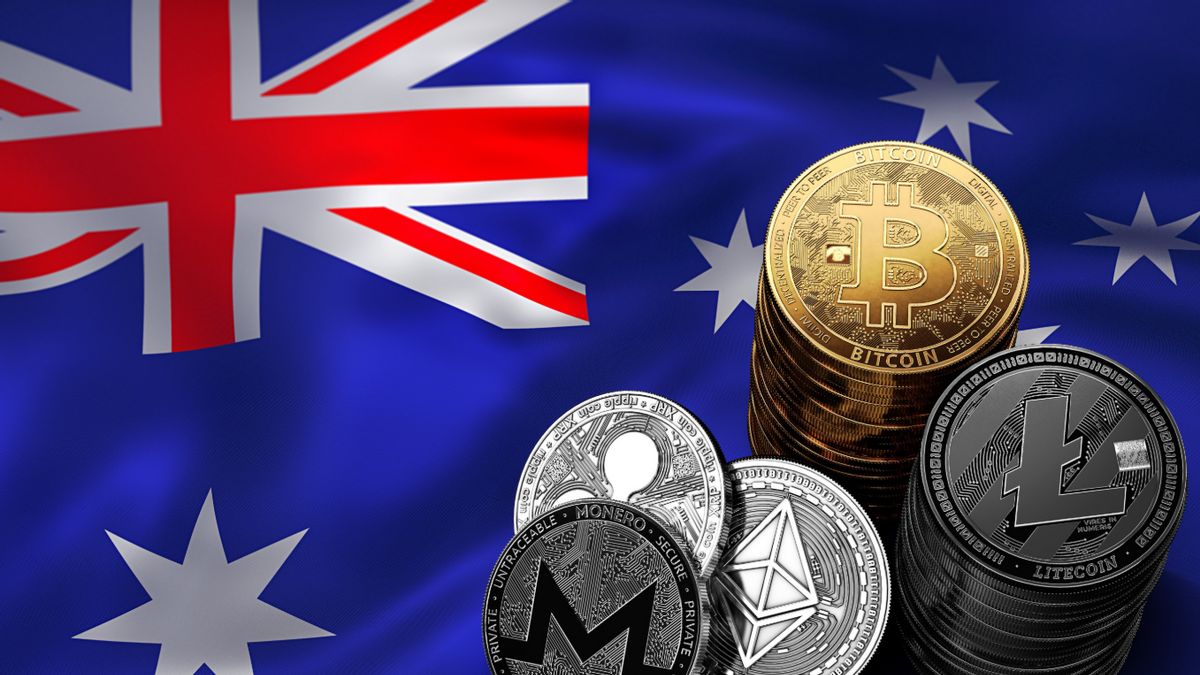JAKARTA - Australia is preparing for major changes related to crypto regulations. Recently, the Kangaroo country regulator, namely the Australian Securities and Investment Commission (ASIC) proposed a new policy that requires crypto companies to have certain licenses.
The Australian government aims to address regulatory issues that crypto companies have avoided before. However, this policy has drawn concerns in a number of crypto companies that feel pressured because of the increasing cost of following the country's new rules.
According to documents released by ASIC, nearly all crypto exchanges and companies dealing with digital assets will be required to obtain a financial license. Among them are Australian Financial Services Licenses (AFSL) and, in some cases, Australian Market Licenses.
It also includes expanding the definition of financial products that include stablecoins, staking services, crypto exchange tokens, and wrapping tokens. Nonetheless, several types of digital assets such as Bitcoin, Ethereum, memecoins, and NFT related games are exempt from these new rules.
SEE ALSO:
Pros And Cons Of Crypto Regulations
Although controversial, some of the country's crypto industry leaders see this policy as a positive effort from the government towards regulatory clarity. Jason Titman, CEO of Swyftx, welcomed this initiative, although he acknowledged that Australia's approach was stricter than any other country. Titman stated that this legal certainty could increase market confidence in crypto companies.
On the other hand, this new rule is also still a debate, especially for small-scale crypto companies. Charlie Karaboga, CEO of Block Earner, stated that the new rule would put great financial pressure on small companies. According to him, the regulation has the potential to get rid of Australian crypto companies to operate overseas.
A number of crypto legal experts warn of the potential exodus of crypto companies from Australia if compliance costs are too high. Joni Pirovich, a lawyer who often defends crypto companies, believes this move could reduce Australia's competitiveness in the global arena. ASIC itself plans to finalize its final rules by mid-2025, which will determine the future of crypto regulation in Australia.
The English, Chinese, Japanese, Arabic, and French versions are automatically generated by the AI. So there may still be inaccuracies in translating, please always see Indonesian as our main language. (system supported by DigitalSiber.id)
















